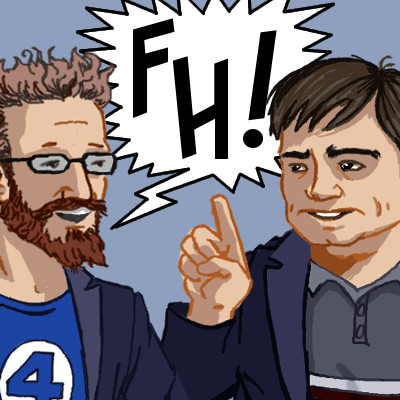Powers of Darkness is the recently rediscovered early draft of Dracula. Somehow, this early manuscript found its way into the hands of an Icelandic translator and was translated into Icelandic in 1900. For over a hundred years the Icelanders have been reading this book as Dracula, despite there being major, significant differences between the English version and the translated version. With a translation back into English, and a scholarly edition of Powers of Darkness now on the shelves, it is open to speculation as to the origin of these changes. Is this really an early draft, or just an embellishment of the original?
Ross’ Notes
- Buy Powers of Darkness by clicking on the cover below. It’s brilliant! The publisher has done an awesome job with added material, footnotes, and design. 10/10. Can’t recommend it enough:

- Dracula is actually a little over 161,000 words. Writers and editors always talk in word count when discussing book lengths. You develop a sense for it after a while.
- Read Dracula for free on your eReader by downloading it at Project Gutenberg.
- I just said “piousness”. Should have said “piety”.
- An excellent sourcebook for early vampires in literature is A Clutch of Vampires, by academic Raymond McNally. It gathers very early sources of Vampire myths, reprints Sheridan Le Fanu’s Carmilla in its entirety, and compiles newspaper clippings of real life vampires.

- Sometimes I think Colin doesn’t pay attention to me fully. Was it unclear up to the point that he interrupted me that this book has gone from English into Icelandic, and then back into English? It’s unusual, certainly, but was it unclear? I don’t know. We cut out a section where I sound rather annoyed with him, but really I was annoyed with myself in not being able to express this all accurately.
- Writers going “too deep” into the dark half of their own work is practically a syndrome. John Milton is considered to have developed the character of Satan WAY more than any other character in Paradise Lost, to the point where he obviously just gave up on Paradise Regained when he killed Satan off. Robert Louis Stevenson wrote The Strange Case of Dr Jekyll and Mr Hyde in three days. He horrified his wife when he read it to her, immediately burned the manuscript in front of her in the living room fireplace. Then he spent the next three days rewriting the entire thing.
- Here’s Nosferatu in the 1922 movie Nosferatu:
- Colin’s sign off is taken from Anthony Hopkin’s portrayal of Hannibal Lecter in Silence of the Lambs (1991).




